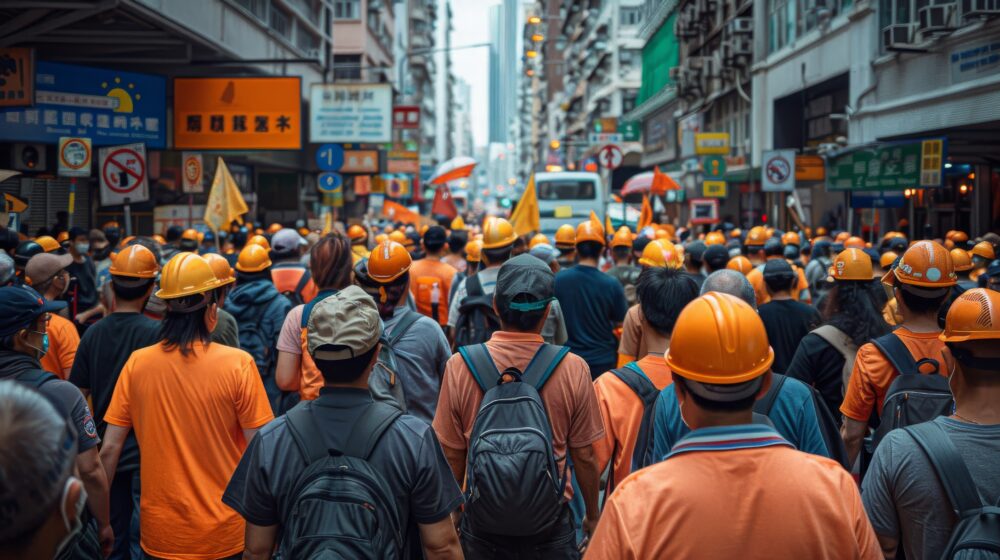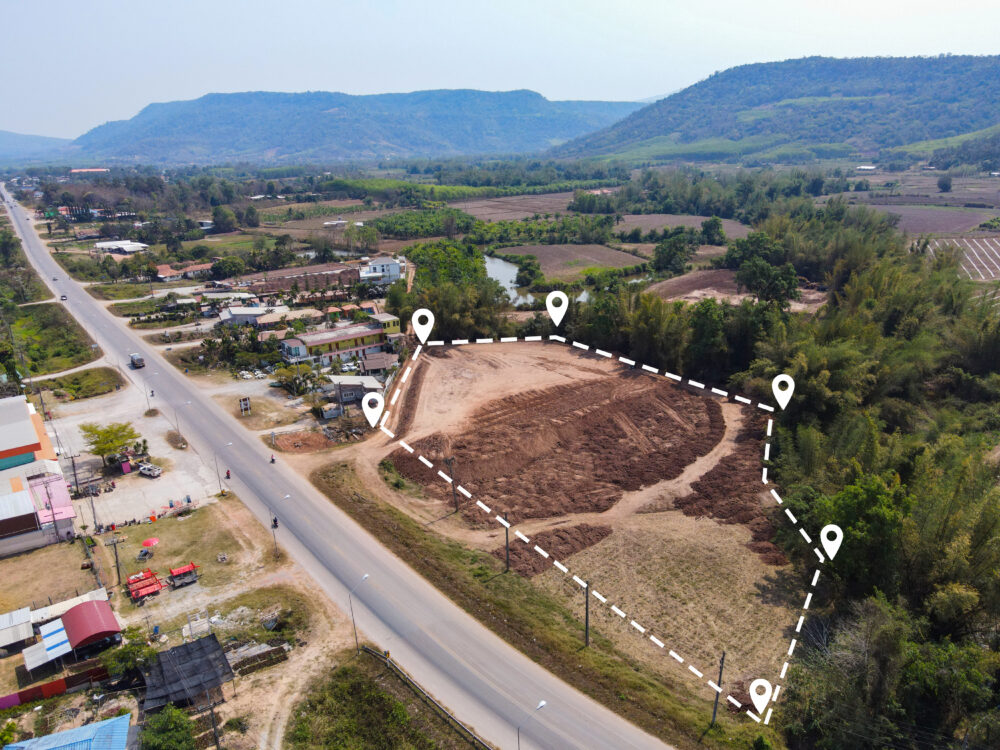Vietnam has increasingly attracted attention from developed countries due to its sustained economic and political stability over the years, fostering a favorable environment for business operations and investments. The country frequently implements investment incentives and policies, including tax exemptions, fee reductions, and infrastructure support for manufacturing projects. Despite facing challenges from the global economic downturn, Vietnam has maintained modest growth in the industrial sector, creating ideal conditions for businesses seeking to expand their manufacturing operations. Consequently, numerous manufacturing plants have been newly built or expanded, and the buying, selling, and merging of manufacturing plants have become very active in the Vietnamese market.

To establish a manufacturing company in Vietnam, foreign investors should obtain several licenses and approvals following the process below:
I. INCORPORATING A COMPANY
- Land and factory search: Each locality has its specific land-use master plan for production and industrial activities. Industrial parks and clusters also plan for permitted products within their areas. Investors need to verify if their desired area falls within the permitted production zone, ensuring that production operations do not conflict with local regulations and environmental protection law. Additionally, investors should assess the availability of essential utilities and infrastructure, including electricity, water supply and drainage, as well as convenient transportation and logistics services.
- Investment Registration Certificate (“IRC”) application: Before applying for an IRC, a foreign investor shall submit a detailed investment project proposal outlining objectives, implementation methods, investment capital, and other relevant details to the Management Board of Industrial Parks or the Department of Planning and Investment of the province/municipality where the manufacturing plant is located
- Enterprise Registration Certificate (“ERC”) application: After obtaining the IRC, the foreign investor can proceed with company incorporation by obtaining an ERC from the Department of Planning and Investment of the province/municipality where the manufacturing plant is located. The newly incorporated company will be responsible for executing the investment project as outlined in the IRC, including capital contribution, project implementation progress, and production start time, etc.
- Compliance with general law regulations: Companies with foreign investment capital are subject to the same legal regulations as domestic companies, encompassing tax, labor, and other relevant laws.
II. MEETING REQUIREMENTS FOR PRODUCTION OPERATIONS
- Construction: Before building a new factory on vacant land or renovating an old factory differently from the previously registered design, the Company must prepare detailed drawings and designs of the construction project and apply for a Construction Permit at the provincial-level Department of Construction in the locality where the project is located.
- Environmental protection: Environmental protection is a paramount concern that manufacturing companies must prioritize and fully comply with. Depending on the potential environmental impact of the project and the proposed mitigation, remediation, or protection measures, the Company must obtain an Environmental Permit (EP), Environmental Impact Assessment (EIA), or Environmental Protection Commitment (EPC). In addition to complying with regulations and regulatory procedures, the Company also needs to implement environmental protection measures during production, such as using clean technology, enhancing pollution control, and promoting the use of renewable energy.
- Fire safety: To protect people and assets, manufacturing companies must strictly adhere to fire prevention and fighting requirements as prescribed by the Law on Fire Prevention and Fighting. The Company should establish a fire prevention and firefighting plan, including installing fire alarm systems, providing firefighting equipment, organizing training for employees, and other measures. The Company must submit this plan to the competent State authority for approval and obtain a Fire Prevention and Fighting Eligibility Certificate before operating.
- Other Licenses/Approvals: Depending on the type of goods and products manufactured, different conditions must be met, and various licenses/approvals must be obtained. For example, in the case of a food manufacturing plant, the Company must comply with food safety regulations throughout the production process and obtain a Certificate of Food Safety Eligibility from the competent authority.
III. PROTECTING INTELLECTUAL PROPERTY
In addition to meeting the basic requirements for running a manufacturing plant, the company must prioritize protecting its intellectual property (IP). While a “intangible asset”, intellectual property significantly increases the Company’s value and makes it more attractive for future investments, acquisitions, or mergers. The current Law on Intellectual Property recognizes three types of IP rights: copyright, industrial property rights, and plant variety rights. For foreign-invested manufacturing companies, industrial property rights are typically the most relevant. These rights cover inventions, utility solutions, industrial designs, trademarks, trade names, and trade secrets.
- Trade names: Trade names are essential for driving the Company’s growth and helping consumers quickly and accurately identify its goods and services. A trade name means a designation of an organization or individual in business activities, capable of distinguishing the business entity bearing it from another entity in the same business domain and area. A trade name shall be protected when it is capable of distinguishing the business entity bearing it from other business entities operating in the same business field and locality. All acts of using commercial indications identical with, or similar to, others’ trade names having been used earlier for the same or similar type of goods or services, that cause confusion as to business entities, establishments or activities under such trade names shall be regarded as infringements of the rights to trade names. If the Company meets the requirements for trade name protection, it can request the infringing party to stop using its trade name.
- Trademarks: It means any sign used to distinguish goods and/or services of different organizations or individuals. Thanks to trademarks, customers can identify a specific type of goods/services of a particular company, and on the other hand, trademarks help the company promote and advertise products to customers. According to Article 87 of the 2005 Law on Intellectual Property, amended and supplemented in 2009, 2019, and 2022, the Company has the right to register trademarks for goods it produces. Industrial property rights for trademarks are established upon issuance of protection titles by the Intellectual Property Office of Vietnam for the trademarks used for the specific group of goods or services such trademarks are registered for. This protection lasts for 10 years from the filing date and becomes effective upon issuance of protection titles.
- Industrial designs: For manufacturing companies, registering industrial design protection is a strategic priority, as such designs can significantly impact revenue and influence consumer choices and preferences. Industrial design rights are established upon issuance of protection titles by the Intellectual Property Office of Vietnam for the respective industrial designs. This protection lasts for 05 years from the filing date and becomes effective upon issuance of the titles.
- Product packaging: The Company can choose to register either industrial design protection or copyright for the shapes and applied arts used on product packaging. While copyright protection automatically exists from the moment the work is created and expressed in a tangible form, regardless of its content, quality, form, medium, language, or publication status, registering the copyright provides the company with stronger legal footing in case of disputes.
IV. SELLING PRODUCTS
To sell products in Vietnam, each product type must adhere to specific quality standards and may require certificates/approvals from relevant government authorities as mandated by law. For instance, functional food products must not only comply with the safety conditions outlined in the Law on Food Safety but also undergo product announcement registration procedures in accordance with Decree 15/2018/ND-CP.
Disclaimers:
This article is for general information purposes only and is not intended to provide any legal advice for any particular case. The legal provisions referenced in the content are in effect at the time of publication but may have expired at the time you read the content. We therefore advise that you always consult a professional consultant before applying any content.
For issues related to the content or intellectual property rights of the article, please email cs@apolatlegal.vn.
Apolat Legal is a law firm in Vietnam with experience and capacity to provide consulting services related to Business and Investment and contact our team of lawyers in Vietnam via email info@apolatlegal.com.





































